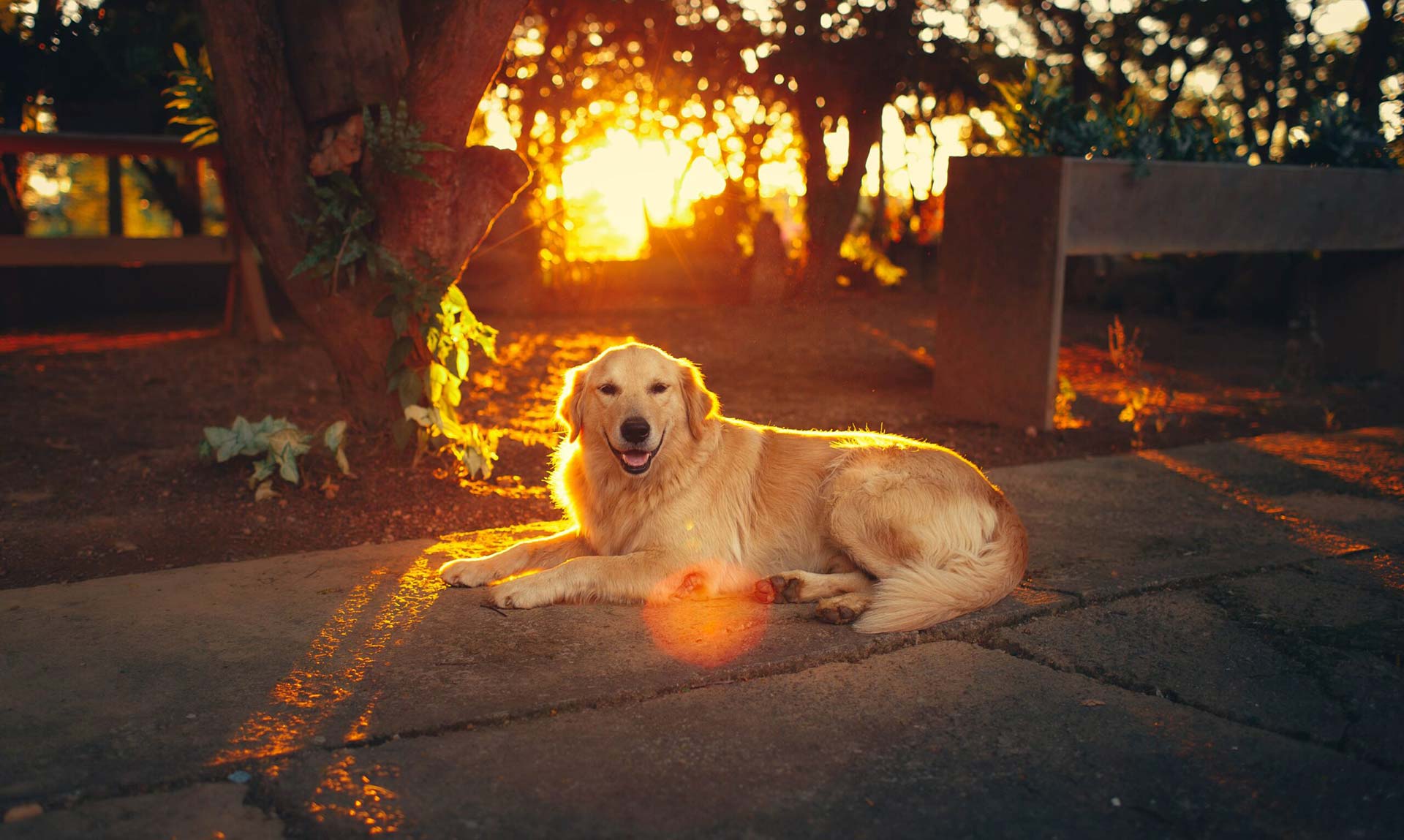The CHIC DNA Repository collects and stores canine DNA samples along with corresponding pedigree and health history information to facilitate future research and testing aimed at reducing the incidence of inherited disease in dogs. The program objectives are:
- Facilitate more rapid research progress by expediting the sample collection process
- Provide researchers with optimized family groups needed for research
- Allow breeders to take advantage of future DNA based disease tests as they become available
- Foster a team environment between breeders/owners and the research community improving the likelihood of genetic discovery
The fees for placing samples in the bank are $5.00 per dog for swab based samples and $20.00 per dog for blood based samples. The fees cover the costs of data management, sample processing, and sample storage. Owners are encouraged to view the fees as supporting canine health research.
Swabs: Swab samples are stored as swabs with DNA extraction taking place when the sample is approved for use in a specific research project. The swabs are stored indefinitely at the Veterinary Genetics Lab (VGL) at UC Davis. UC Davis has demonstrated solid success in long term storage and subsequent processing of swabs.
Blood: Blood samples are processed upon receipt. The extracted DNA is then frozen and also stored indefinitely. The Small Animal Molecular Genetics Lab at the University of Missouri-Columbia is the laboratory partner for blood based samples.
Any legitimate research project focusing on canine health is eligible to receive samples. However, since the samples are finite, each project must be approved prior to sample distribution. An application form must be completed for all sample requests. The approval process is streamlined for research funded by either the AKC CHF or the Morris Animal Foundation since the project would have already passed a scientific review board during the funding process. For all other projects, the OFA will assemble an appropriate review committee to evaluate the merits of the research and the request.
Sample use is directed solely by the OFA. Owners and parent clubs are welcome to contact the bank about potential research opportunities and should encourage researchers with whom they have direct relationships to apply for sample use. However, the final decision rests with the bank.
There is one exception. If a DNA-based disease test becomes available in the future, owners may request that any remaining samples of their dogs be forwarded to the appropriate licensed lab for testing. The owner remains responsible for any lab costs associated with the test itself, as well as the direct costs to prepare and ship the sample.
Once owners donate their dogs’ DNA to the CHIC DNA bank, the samples are the property of the CHIC DNA Repository. Individuals donating samples have no claims to any future financial gain due to commercial invention, royalties, or patents that may be developed as a result of research which utilized their dog’s samples.
Blood is the gold standard for genetic material; the yield of DNA is sufficient for all research methods, including technologies on the horizon. Moreover, the stability and purity of the DNA is of the highest caliber, which offers many benefits. However, cheek swab derived DNA remains a viable option for DNA banking. The yield and purity of this DNA is inferior to that obtained from blood, but the material is suitable for most genetic approaches. The greatest benefit of cheek swabs is reduced collection and processing costs as well as noninvasive collection. To offset the lower yield, owners are asked to submit multiple cheek swabs from each dog.
This depends on the policy of the researcher. Some researchers release test results as part of their standard procedures, others do not. There may also be anonymity issues, since the samples will be initially provided in a blind format which does not disclose the dog or owner identities.
No. The AKC does not release samples collected through their DNA program for any other use.
No. There is a clear distinction between samples provided to the AKC which are used for parentage verification and overall stud book integrity versus samples provided to the bank for research purposes. Samples may be collected at the same time however, and sent independently.
Since many diseases are late onset, the bank recognizes that periodic updates to the health records of each dog are important. Owners will be contacted approximately every two years to determine if there are any health updates. However, owners are encouraged to proactively contact the CHIC DNA Bank to update the health status of their dog(s) whenever there are significant changes.
